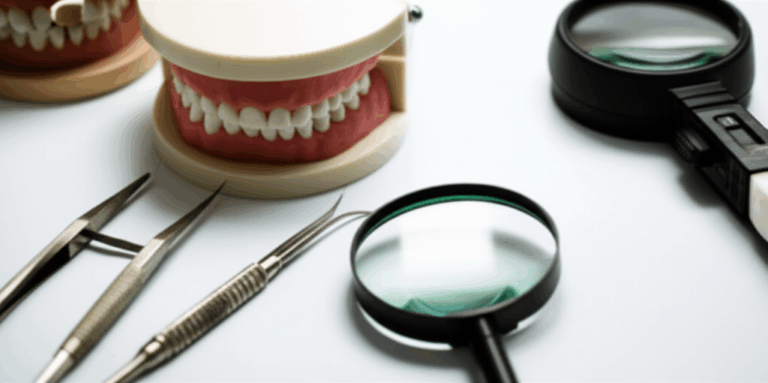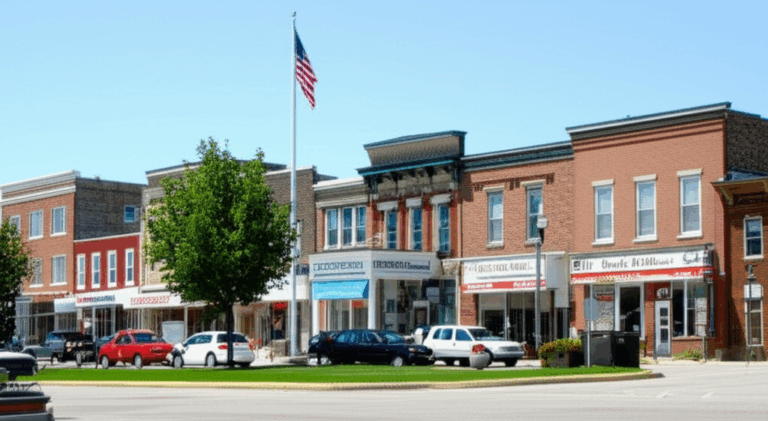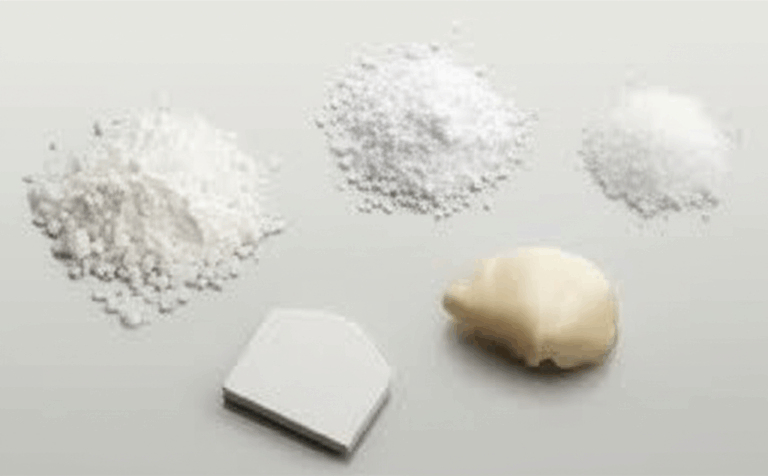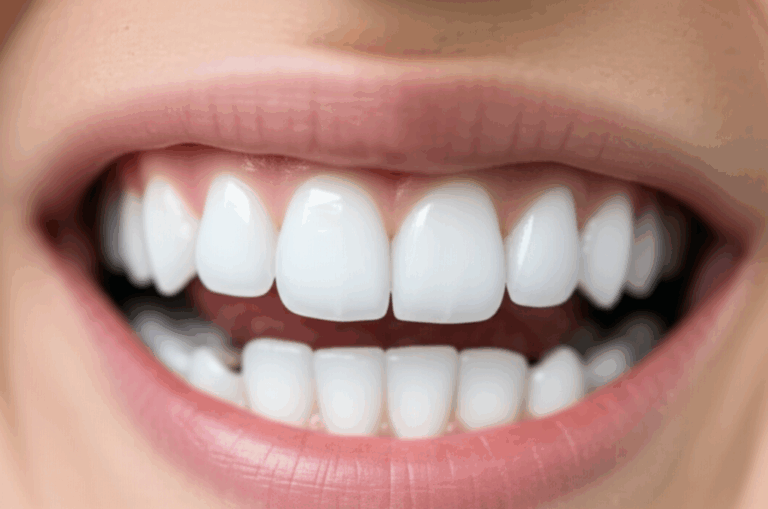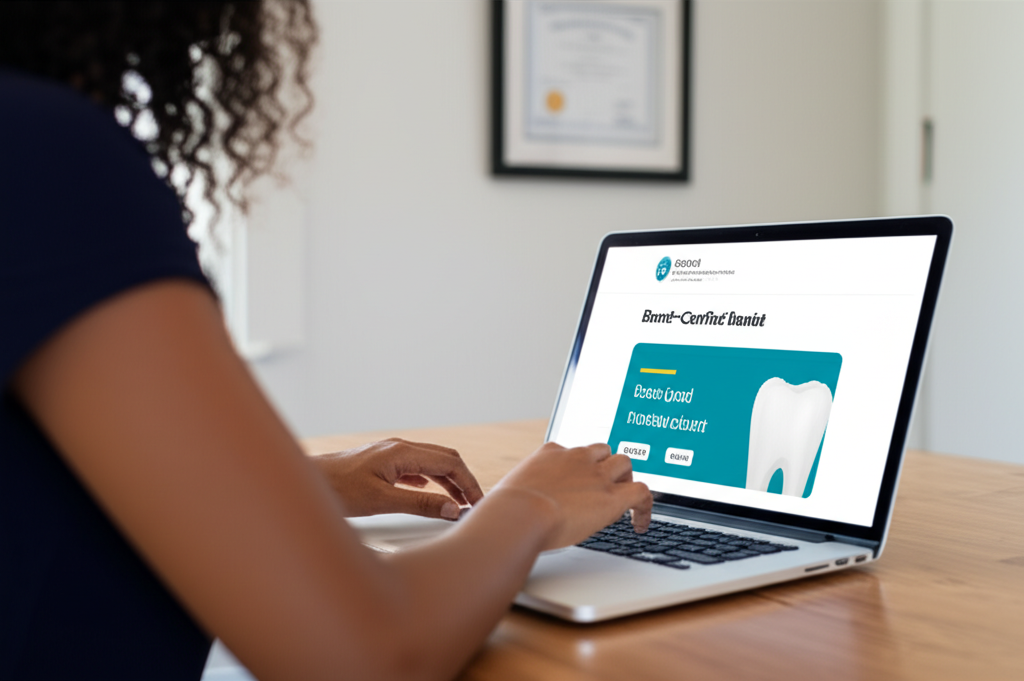
How to Find a Board-Certified Dentist: A Step-by-Step Guide
Table of Contents
2.1 What “Board-Certified” Truly Means
2.2 The Rigorous Path to Certification
2.3 General Dentist vs. Board-Certified Specialist
3.1 Elevated Expertise and Specialized Knowledge
3.2 Lifelong Learning & Advanced Techniques
3.3 Safety, Quality, and Confidence
4.1 Step 1: Use Official Specialty Board Directories
4.2 Step 2: Check the ADA “Find a Dentist” Tool
4.3 Step 3: Consult Your State Dental Board
4.4 Step 4: Ask for Referrals From Trusted Professionals
4.5 Step 5: Verify Credentials and Background
My First Brush With Board-Certified Dentistry
I’ll be honest—when I first heard the words “board-certified dentist,” I didn’t really know what it meant. Like lots of people, I thought all dentists went to school and could fix most teeth problems. But I learned that’s not true when my nephew needed some really tough orthodontic work. That’s when I saw that not every dentist has the same training or skills. That’s why now, I always try to figure out how to find a board-certified dentist when it really matters.
Understanding Board Certification in Dentistry
Let’s get straight to it: “board-certified” sounds like a big deal, but what does it actually mean in the world of dentists? After doing some digging and asking around, here’s what I found out.
What “Board-Certified” Truly Means
A board-certified dentist isn’t just someone who finished dental school and passed their test (which is still a big deal). Board certification is a choice that goes way past just getting a license. Any dentist can practice once they’re licensed, but only some keep learning, train in a special area, and pass extra tough tests to get board-certified.
It’s kind of like this: getting your license is like getting your driver’s license; being board-certified is like winning a big racing trophy. Anyone can drive, but only some prove they’re really, really good at it.
The Rigorous Path to Certification
Here’s what I learned about how they do it:
- Dental School: This is where every dentist begins, getting either a DDS or DMD degree.
- Specialty Training: After school, dentists who want to get board-certified enter a special training program, which can take two to six years. These can be in things like braces, root canals, gum care, fake teeth, or other areas approved by the American Dental Association (ADA) and American Board of Dental Specialties (ABDS).
- Tests: They have to pass some pretty big written, spoken, and sometimes hands-on tests. At this point, you really have to keep your cool!
- Keeping Up: Board-certified dentists don’t stop after the first time. They have to renew their certification by taking extra classes and learning new things all the time.
This really showed me that being board-certified is something only the most serious dentists choose to do.
General Dentist vs. Board-Certified Specialist
One thing that surprised me: most “regular” dentists are not board-certified specialists. General dentists do cleanings, check-ups, and basic repairs (all super important), but board-certified dentists pick one thing to be really skilled at, like braces, surgery, root canals, and more.
So, if you need something tricky—like braces for a teen, a root canal, or fake teeth—you really want a dentist who’s board-certified in that area. Their extra practice and skill could make things go way smoother.
Why Choose a Board-Certified Dental Specialist?
Now that you know what the difference is, you might wonder why you should bother finding a board-certified specialist. I know I thought about it too, especially when insurance gets confusing or you have to wait for an opening. But after all I’ve seen, it’s definitely worth it.
Elevated Expertise and Specialized Knowledge
From what I’ve seen, board-certified specialists can handle tough cases that other dentists might not know how to manage. When my dad needed fake teeth after an accident, we wanted someone who works on those all the time—not just now and then. Board-certified means they really know their stuff.
Lifelong Learning & Advanced Techniques
Dental knowledge changes fast, with new ways of doing things every year. Board-certified dentists have to keep learning and show they’re up to date with their skills. It’s nice to know the dentist fixing my teeth isn’t stuck in the past.
Safety, Quality, and Confidence
If you worry about dental problems (like I do), board certification should help you sleep a little better. These dentists follow strict rules for keeping patients safe and using the right methods. Often, that means fewer problems and better results—especially if things get complicated.
Studies show that experts fix tough problems more easily, with less risk. It’s worked well for folks in my family too.
Step-by-Step: How I Locate a Board-Certified Dentist
If you’re like me, you don’t just want to know “why”—you want to know how you actually find a board-certified dentist and check if they really are one. Here’s how I do it.
Step 1: Use Official Specialty Board Directories
I always begin with the official lists from the specialty boards. If you want to go straight to the source, these are the best.
The Main Boards:
- American Board of Orthodontics (ABO)
- American Board of Periodontology (ABP)
- American Board of Oral and Maxillofacial Surgery (ABOMS)
- Other ABDS-approved boards: Prosthodontics, Endodontics, Pediatric Dentistry, Oral Pathology, Dental X-rays, Public Health
These groups have online lists where you can look up dentists near you by city, zip code, or specialty. It’s not always super quick, but it’s worth knowing the dentist really earned that special title.
Tip: Bookmark the ABDS site—it links you to all the board sites. Not all dentist directories online are official; some just let people pay to be listed higher. These official lists only name the real board-certified ones.
Step 2: Check the ADA “Find a Dentist” Tool
The American Dental Association’s Find a Dentist tool lets you look for dentists by area or what they do. It’s simple and quick, but it doesn’t always say if a dentist is board-certified. Still, it’s a good place to get names nearby.
Remember, just because a dentist is on the list doesn’t mean they’re board-certified—you’ll need to check that for yourself (more below).
Step 3: Consult Your State Dental Board
I never skip checking the state dental board. Every dentist has to have a state license. Most state websites will show:
- If the dentist’s license is good, or if there’s a problem
- Any past trouble or complaints
- Their listed specialties
But remember—state boards only give out licenses, not board-certification. Still, it helps make sure the dentist is in good standing. Always check this!
Step 4: Ask for Referrals From Trusted Professionals
Sometimes I just ask people I trust. Your regular dentist usually knows great local specialists—they work with them all the time.
I’ve also asked my family doctor, friends, or folks who had a similar treatment. Their advice can tell you things you won’t find online, like if the dentist is kind or really knows how to handle things like dental ceramics lab work.
Step 5: Verify Credentials and Background
This might sound like the same as before, but it’s super important. I always:
- Look for the word “Diplomate” after their name. In dentistry, this means board-certified.
- Check where they did their special training—did they go to a good, recognized program?
- Search the specialty board directories from above.
- Read some patient reviews—but don’t trust them all the way. They might not always match how good a dentist is with complicated treatment.
I once found a dentist with great reviews online, but the board directory didn’t list them as certified. Turns out, they were licensed, but not a real board-certified specialist. Always double-check—better safe than sorry!
Key Questions I Ask a Prospective Board-Certified Dentist
Once I have my top picks, I get right to the point. Here are questions I always ask when I call or visit:
The answer should be “yes,” with no long stories or hesitations.
They should name one of the official boards like ABO, ABP, ABOMS, and so on.
I want to hear if they make custom treatment plans or do the same thing for everyone.
The best answer talks about recent classes, lessons, or tests.
This shows they’ve handled similar treatments before.
Don’t feel awkward—if a dentist is really board-certified, they’ll be happy to talk about it.
Common Misconceptions About Dental Certification
There’s a lot of wrong info about what board certification means. Here’s a few things I learned the hard way:
- “All dentists are specialists.”
Nope. Most are general dentists. Specialists go to more school and, if board-certified, pass extra-hard tests.
- “Having a license means a dentist is board-certified.”
Not true. A license just lets someone work legally. Board certification is something extra.
- “Board certification is required by law.”
It’s not. It’s always a choice. Only some dentists go for this.
Your Path to Expert Dental Care: My Takeaways
Looking back, with all my good and bad dental visits—here’s what I learned:
- Always look up a dentist’s background, even if you get a tip from a friend.
- Try to get a board-certified specialist if you have a tough problem or need.
- Use the official board directories, check your state dental board, and ask questions.
- See board certification as a quick way to find the best dentist for difficult care.
Doing this research up front saves a lot of stress later. I’d rather do some homework than wish I did it after.
If you’re looking for someone for tricky treatments—like new teeth, care with a digital dental lab, implants, or tough repairs—a board-certified specialist is the way to go. When it’s your smile, don’t settle for anything less.
Frequently Asked Questions
Is a board-certified general dentist common?
No. Board-certification is mostly for specialists. Some general dentists have other awards or titles, but it’s not the same as being board-certified by ABDS.
What’s the difference between a specialist and a general dentist?
General dentists do regular care: cleaning, fillings, easy tooth pulling, simple stuff. Specialists go to school even longer (2-6 years) and only do their one area, like braces, root canals, or surgery.
How often do board-certified dentists renew their status?
It’s different for each board. Most need to prove they keep learning or redo parts of the test every few years.
How do I find a great board-certified dentist for dental implants?
Dental implants aren’t simple. Look for an oral surgeon, prosthodontist, or gum specialist who is board-certified. Also, check if they work with a good implant dental laboratory for the best fit.
Where can I check a dentist’s credentials?
Start at the ABDS website, your state dental board, and the right specialty board’s list. Or just call and ask—better to check now than regret it later!
As someone who’s gone through a lot of dentist searches, I can’t say this enough: when it’s about your teeth, pick carefully, check for proof, and never let it feel weird to ask. Your smile is worth spending a little more time to get it right.

